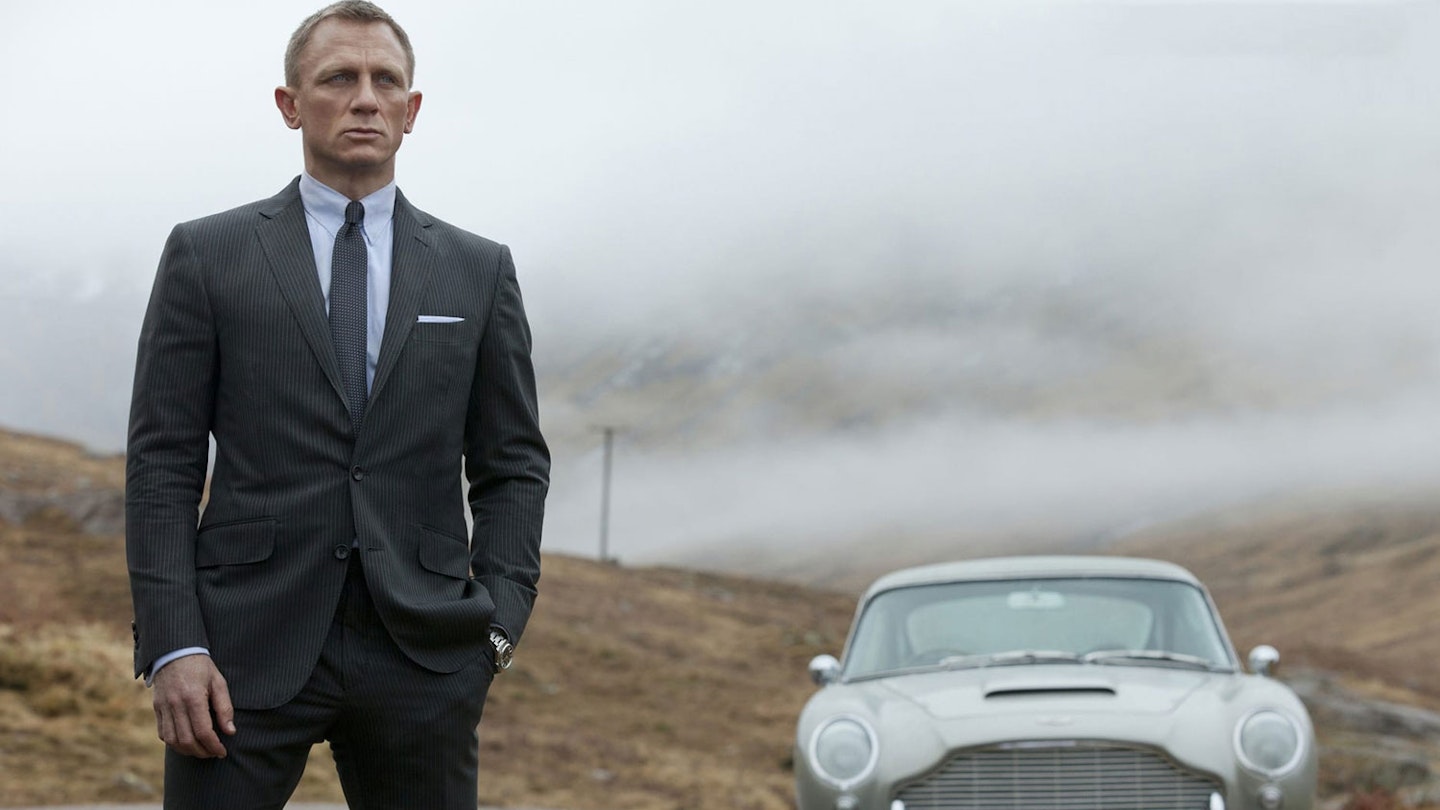To mark the fact that we’re now two decades deep into the 21st Century, Empire is counting down the greatest movies to have hit the big screen this side of the millennium. Combining a list of picks from Empire critics and lists of personal favourites submitted by readers, we’ve arrived at a definitive list of the most impactful, resonant, and downright loveable films of the past 20 years.
We’ve already unveiled numbers 100 - 91 on the list – and you can read the latest instalment below. Stay tuned to Empire Online as we unveil more of the full list in the coming days, and look out for more information coming soon about Empire’s upcoming 100 Greatest Movies Of The Century magazine issue and podcast special.
90. Crouching Tiger, Hidden Dragon (2000)
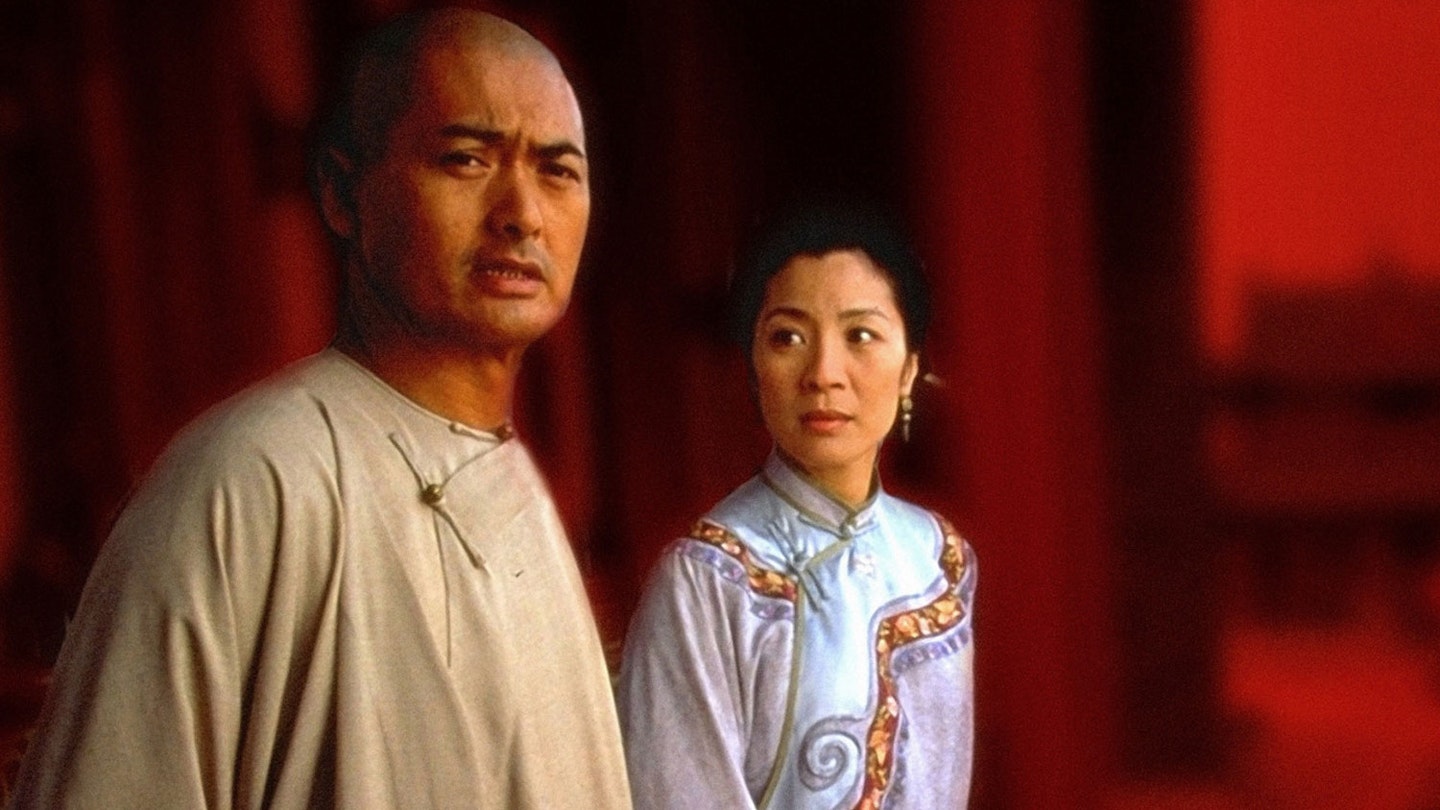
The Matrix might have brought Chinese wire-fighting to mainstream American sci-fi, but it was Crouching Tiger, Hidden Dragon a year later, that made classic wuxia accessible to contemporary Western audiences. Before 2000, it was largely the preserve of lower video store shelves on clumsily-dubbed fuzzy VHS tapes. With Crouching Tiger, all that changed. A prestigious international co-production, it had a respected director in Ang Lee, gorgeous widescreen photography by Peter Pau, and was based on a classic Chinese novel for that extra literary credibility. The film’s success paved the way for the equally spectacular and internationally successful likes of Zhang Yimou’s Hero and House Of Flying Daggers. Chow Yun-Fat and Michelle Yeoh had both been paying their dues in mainstream Western action movies, but ironically it was returning to their Hong Kong heritage that gave both their biggest international hit.
89. Her (2013)
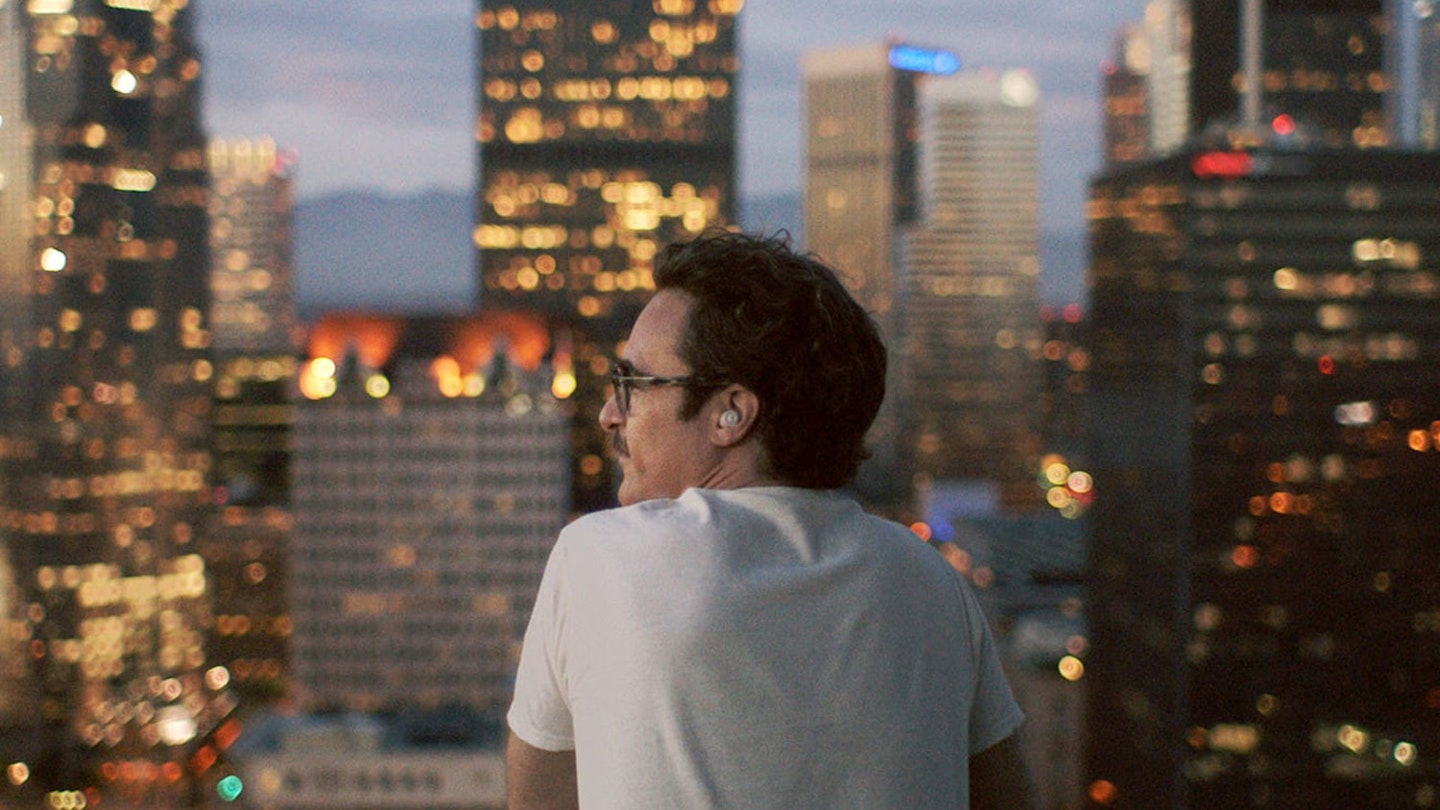
Pre-dating Alexa by more than a year, Her is a film that looks increasingly prescient as the new decade begins. Anchored in an affecting, deceptively complex performance from Joaquin Phoenix, it pivots on his interactions with invisible co-star Scarlett Johansson as the voice of digital assistant Samantha (one of a trilogy of post-human roles for Johansson, alongside Ghost In The Shell and Lucy). Perhaps Her’s greatest strength is that you believe their relationship without question – with impressive sleight of hand, director Spike Jonze quickly and quietly establishes how that connection has become normalised within the near-future society of the film. As Theodore and Samantha grow together and then inexorably apart, it’s a hard heart that wouldn’t be moved by the plight of both characters.
88. Sweeney Todd: The Demon Barber Of Fleet Street (2007)
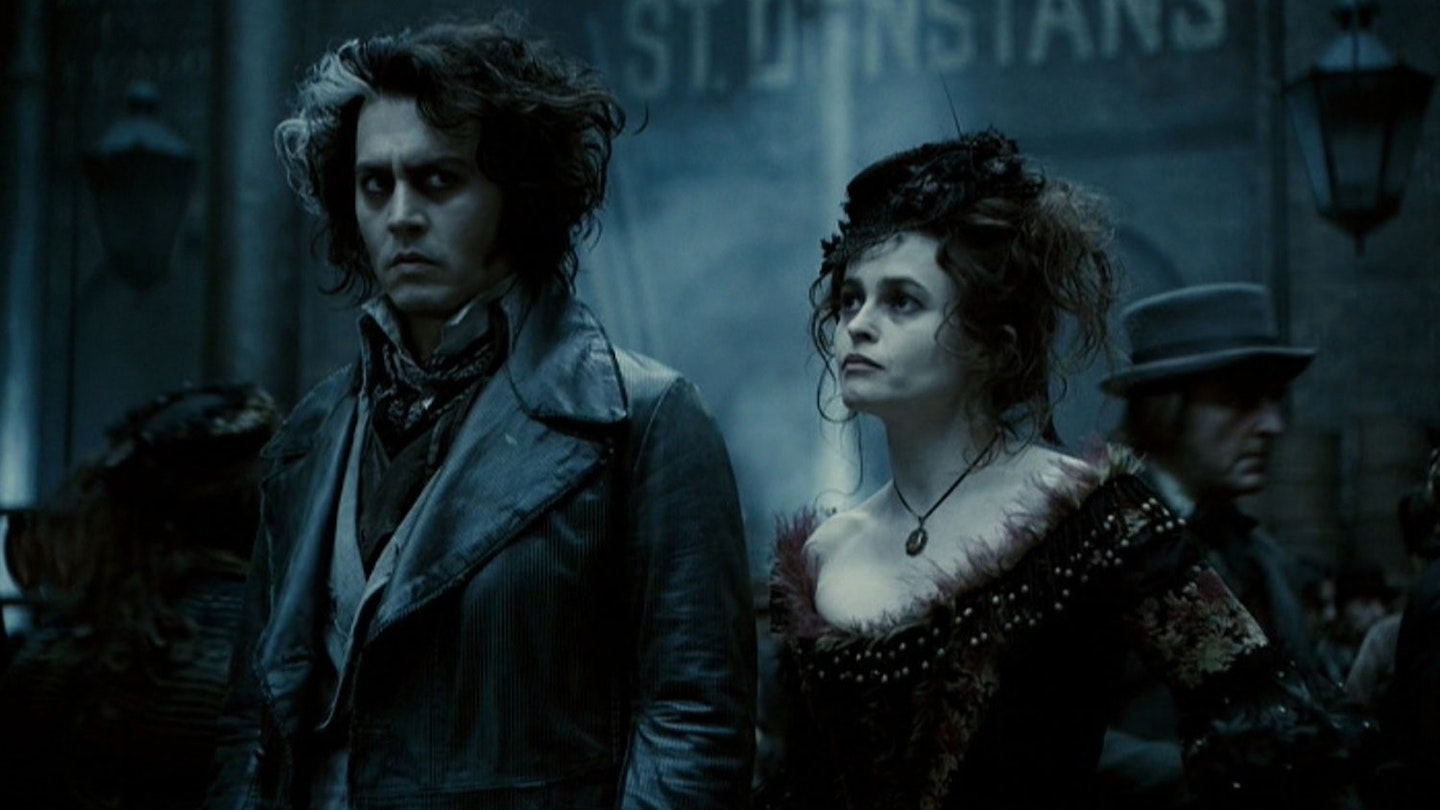
Long before the late-2010s cinematic musical revival, Tim Burton brought Stephen Sondheim’s throat-slashing show to the big screen – allowing the spook-auteur to indulge both his goriest and most theatrical impulses. Recruiting his twin muses of Johnny Depp and Helena Bonham Carter as the Demon Barber and co-conspirator Mrs. Lovett, respectively, it’s a uniquely Burtorian brew, an adaptation that refuses to compromise on the singing or the seriously graphic murders. Like Mrs. Lovett’s pies, it’s an acquired taste – but full of surprising pleasures, from the late, great Alan Rickman singing tender ditty ‘Pretty Women’, to Sacha Baron Cohen hamming it up as rival barber Signor Pirelli, all set against a stylised vision of Victoriana. At a time where Burton was focusing on more family-friendly fare like Charlie And The Chocolate Factory, Corpse Bride and Alice In Wonderland (all still imbued with his gothic flair), Sweeney Todd stands as a beautifully brutal addition to his catalogue – a fitting home for Sondheim’s stirring songs.
87. Bridesmaids (2011)
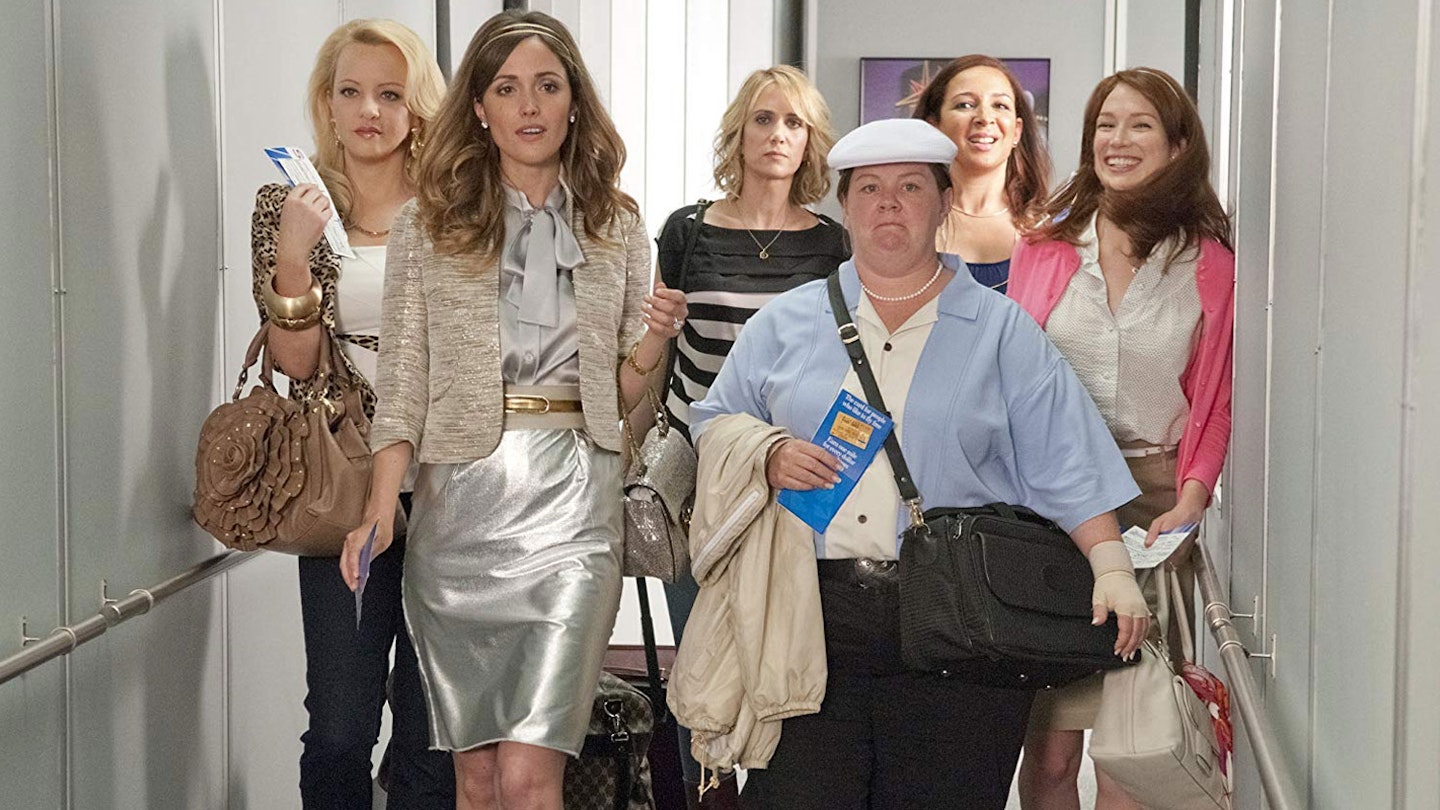
It’s easy to get caught up in the significance of Bridesmaids – how it proved, unequivocally, that Hollywood films led by female ensembles could be box office smashes, paving the way for the later success of Girls Trip, Pitch Perfect, Bad Moms and more. But the real marvel of Paul Feig’s raucous comedy is the film itself – stuffed with riotous performances that made household names of Kristen Wiig, Maya Rudolph and Melissa McCarthy, delivering a nuanced depiction of female friendship studded with gross-out exploits typically reserved for bro-focused frat-fare. Whether it’s the sight of bride Lillian shitting herself in the street in a wedding dress or Wiig’s maid of honour Annie drugged up and Nazi-saluting on a plane, Feig’s film broke the mould of what a female-centric comedy could be – and offered up deeply flawed characters you can’t help but love.
86. Iron Man (2008)
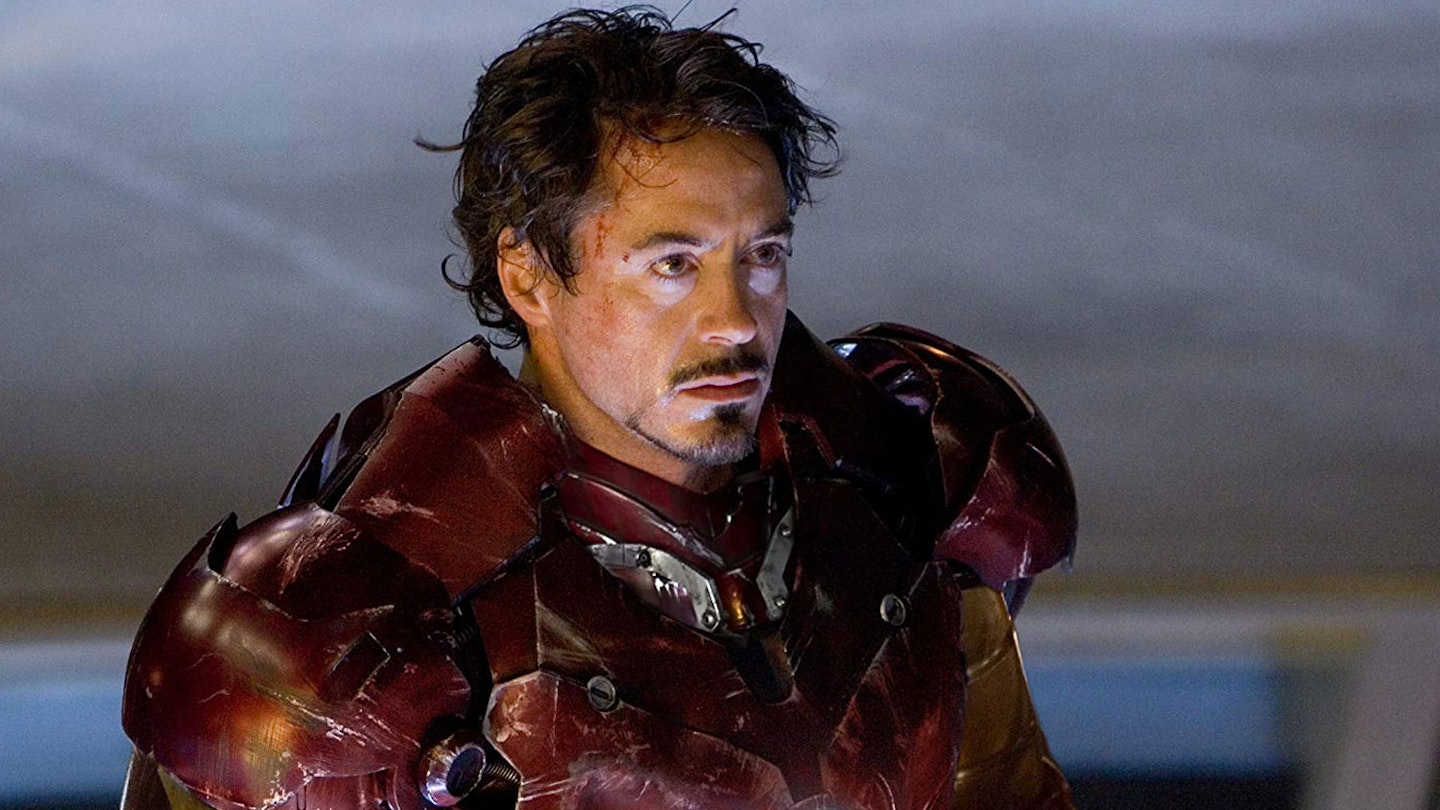
These days, Iron Man is remarkable as the starting point of the MCU – the most significant new film series of the 21st Century, a box office behemoth that racked up 23 movies in a span of 12 years. On its own terms, it presented a whole new type of superhero origin story – one devoid of literal superpowers, instead focusing on an American industrialist arms dealer turned self-made hero, captured by Middle Eastern terrorists at a time when the Iraq War was still ongoing. While it went on to spawn a mega-franchise, Iron Man is a perfectly satisfying one-off, presenting a full-circle redemptive arc for Tony Stark – a hero not as darkly brooding as Bruce Wayne, nor as clean-cut as Superman or Peter Parker. It was redemptive, too, for Robert Downey Jr. – the former Hollywood wild-child proving himself a bonafide 21st Century movie star, imbuing Stark with his own mile-a-minute speech patterns and himself emerging heroically from a history of self-destructive behaviour. A fascinating counterpoint to 2008’s other monolithic comic book movie (you know the one).
85. The Assassination Of Jesse James By The Coward Robert Ford (2007)
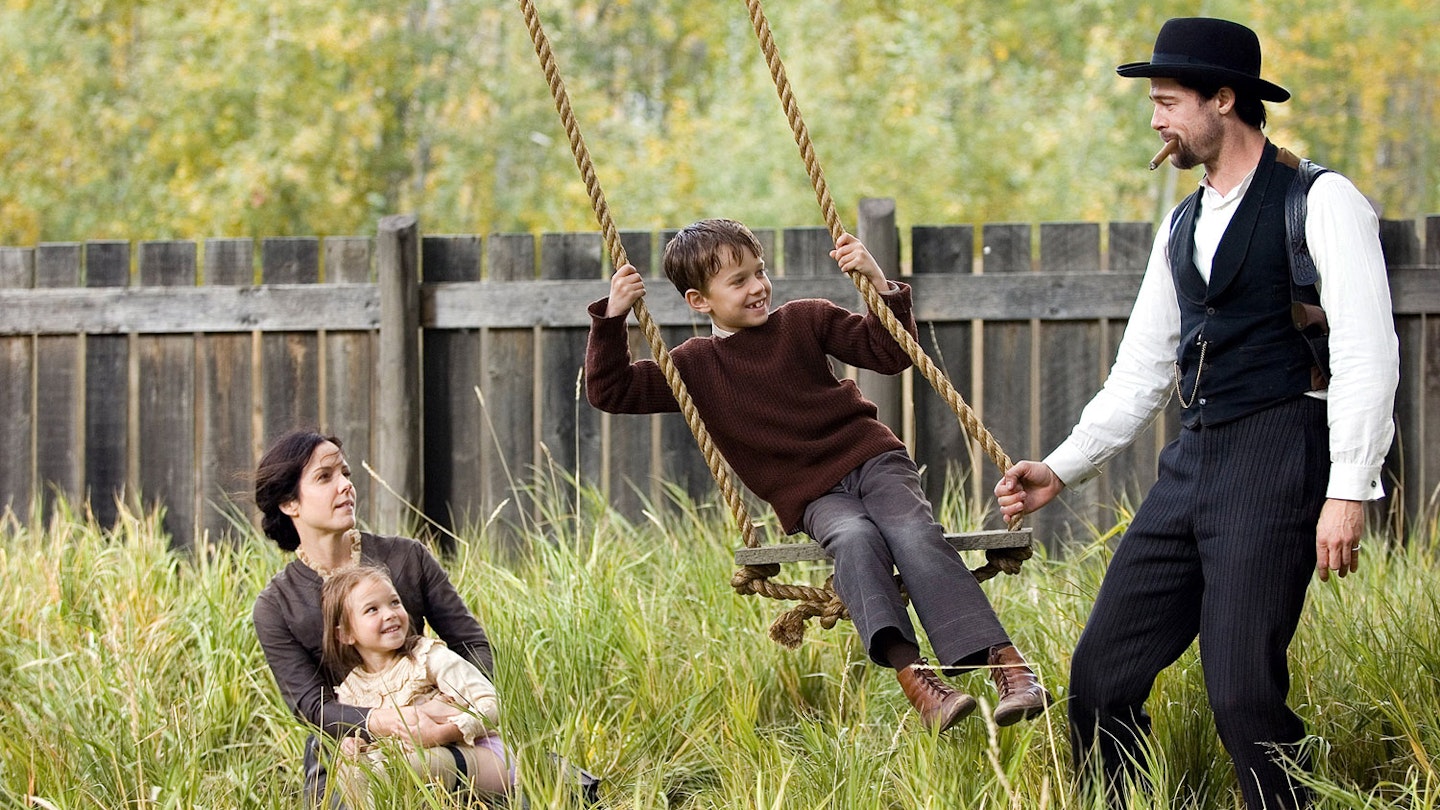
For a while, it looked like the Western was dead. If the genre post-Unforgiven was largely tumbleweed, that all changed with the beginning on the ‘00s indie-Western revival. The ballad of Jesse James had been sung on film before – notably in Walter Hill’s rip-roaring The Long Riders in 1980 – but rarely had it been given such dramatic heft as in Andrew Dominik’s adaptation of Ron Hansen’s elegiac novel. Brad Pitt brings star power and serious dramatic chops to the title role, while Casey Affleck ensures that, while you may not like Ford, you at least understand him. Roger Deakins’ typically gorgeous photography is the perfect correlative for the book’s languid prose; Nick Cave and Warren Ellis provide a beautiful, organic score, and while The Assassination measures its length across a leisurely three hours of screen time, it never drags. When the film occasionally roars into action – as in a stunning, lamp-lit train robbery sequence, for example – it astonishes.
84. Coco (2017)
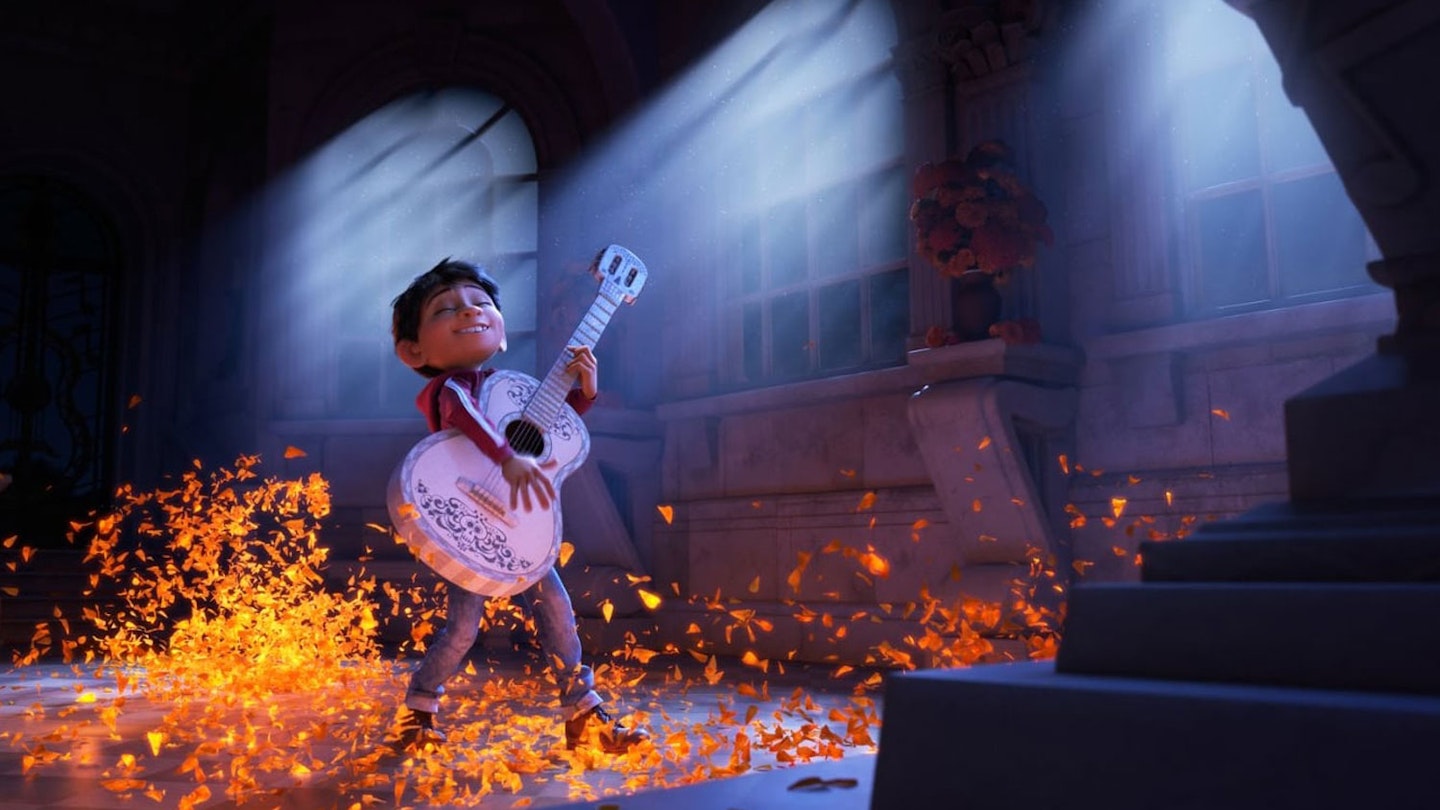
In the year that the Trump presidency began, Pixar unveiled its deeply human – and humanising – depiction of a Mexican family. Every inch of Coco is steeped in the beauty of Mexican culture, from the richly detailed neighbourhood of Santa Cecilia to the eye-popping Land Of The Dead – the chosen playground for a typically-Pixar adventure, as melodically-gifted youngster Miguel searches for his musical idol Ernesto de la Cruz on Día de Muertos. To say that it’s one of Pixar’s most astonishing visual creations is no mean feat – just look at the glowing orange flower-bridge that connects the lands of the living and the dead, or the skeletal faces hidden everywhere in the vast underworld. It also, impressively, stakes a claim as one of the studio’s most emotional works – as Miguel reunites with past generations and uncovers tragic secrets, Coco is an all-ages movie that deals sensitively and maturely with death and dementia. It’s an ode to the power of music, memory, and family all in one – just try listening to ‘Remember Me’ without bursting into tears.
83. Frances Ha (2012)
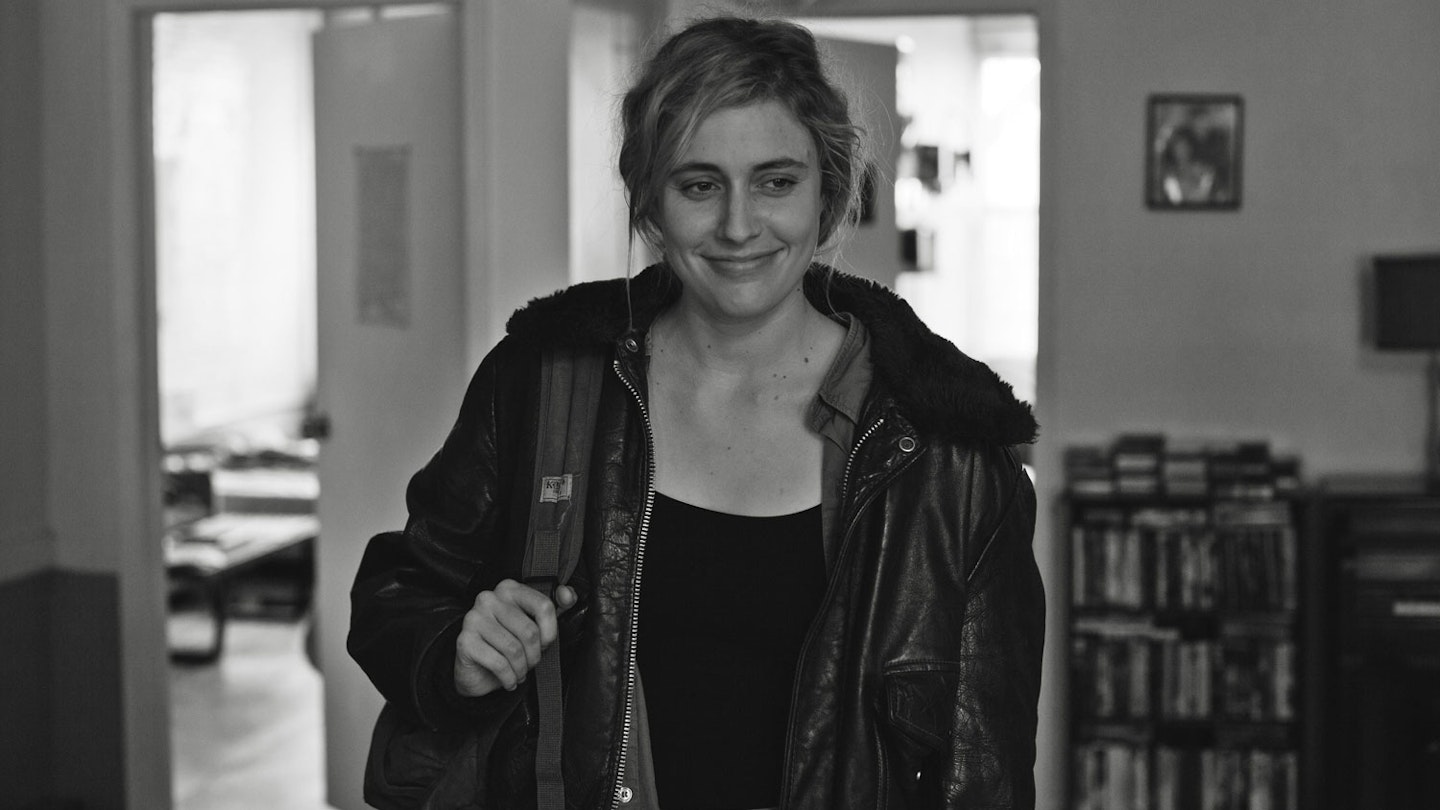
Greta Gerwig’s second collaboration with Noah Baumbach was her breakthrough moment – as star and co-writer of Frances Ha, she cemented herself as an endearing new voice in American indie cinema. An utterly charming, sweetly awkward depiction of 20-something New York life in the 21st Century, Frances Ha packs so much into its sub-90-minute runtime – the joy and paralysis of freewheeling into adult life, the way long-standing friendships are challenged post-adolescence, the rootlessness of contemporary big-city life for generation rent. It wears its influences on its sleeve – black-and-white photography indebted Woody Allen’s Manhattan, a joyous ‘Modern Love’ sequence homaging Leos Carax’s Mauvais Sang –but feels entirely of the moment too. That’s partly thanks to Gerwig herself, whose engaging, gently witty performance feels so distinct, bolstered by the big-screen arrival of Adam Driver. Funny-Ha, and peculiar-Ha.
82. Skyfall (2012)
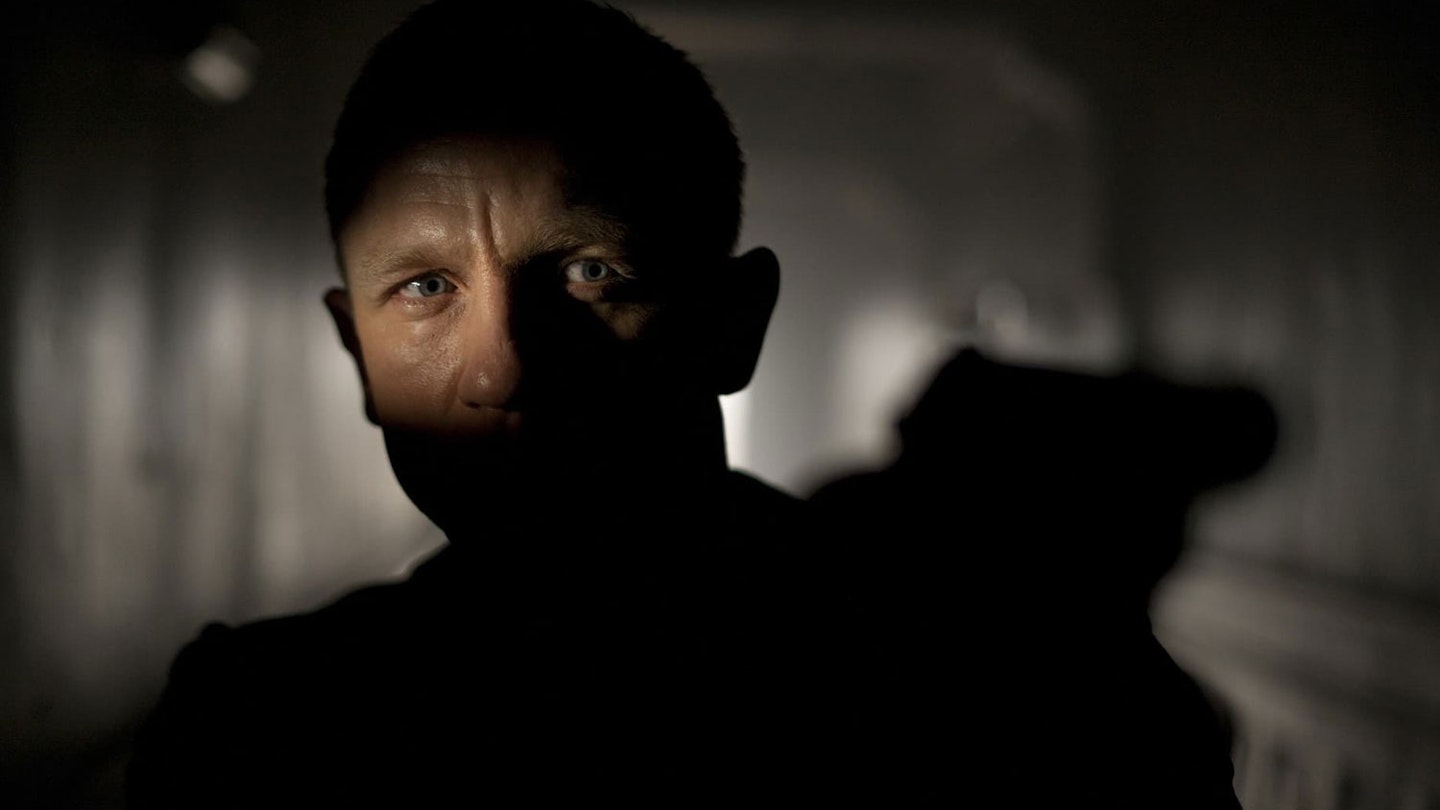
After the raw reinvention of Casino Royale and the Writers’ Strike-afflicted Quantum Of Solace came the billion-dollar Bond. A soft-reboot in the middle of Daniel Craig’s tuxedo tenure, Skyfall was both an evolution of the gritty post-Bourne 007, and a 50th anniversary celebration of the franchise’s legacy. Under Sam Mendes’ stewardship it feels more authored than Bonds of yore – a symptom of the post-Dark Knight blockbuster landscape where action franchise filmmaking became weightier, attracting celebrated dramatic directors. The result is a James Bond film that balances adrenaline-pumping action (the opening car chase-turned-shootout-turned-rooftop-bike-chase-turned-train-brawl is a belter) with thematic explorations of what Bond means in the 21st Century. Plus, it introduced new incarnations of Moneypenny and Q that already feel central to the Craig era, gave an emotional farewell for Judi Dench’s M, and delivered a menacing villain in Javier Bardem’s Raoul Silva. If the true measure of success for a 007 movie is a stellar Bond theme, Skyfall is indeed a modern classic.
81. District 9 (2009)
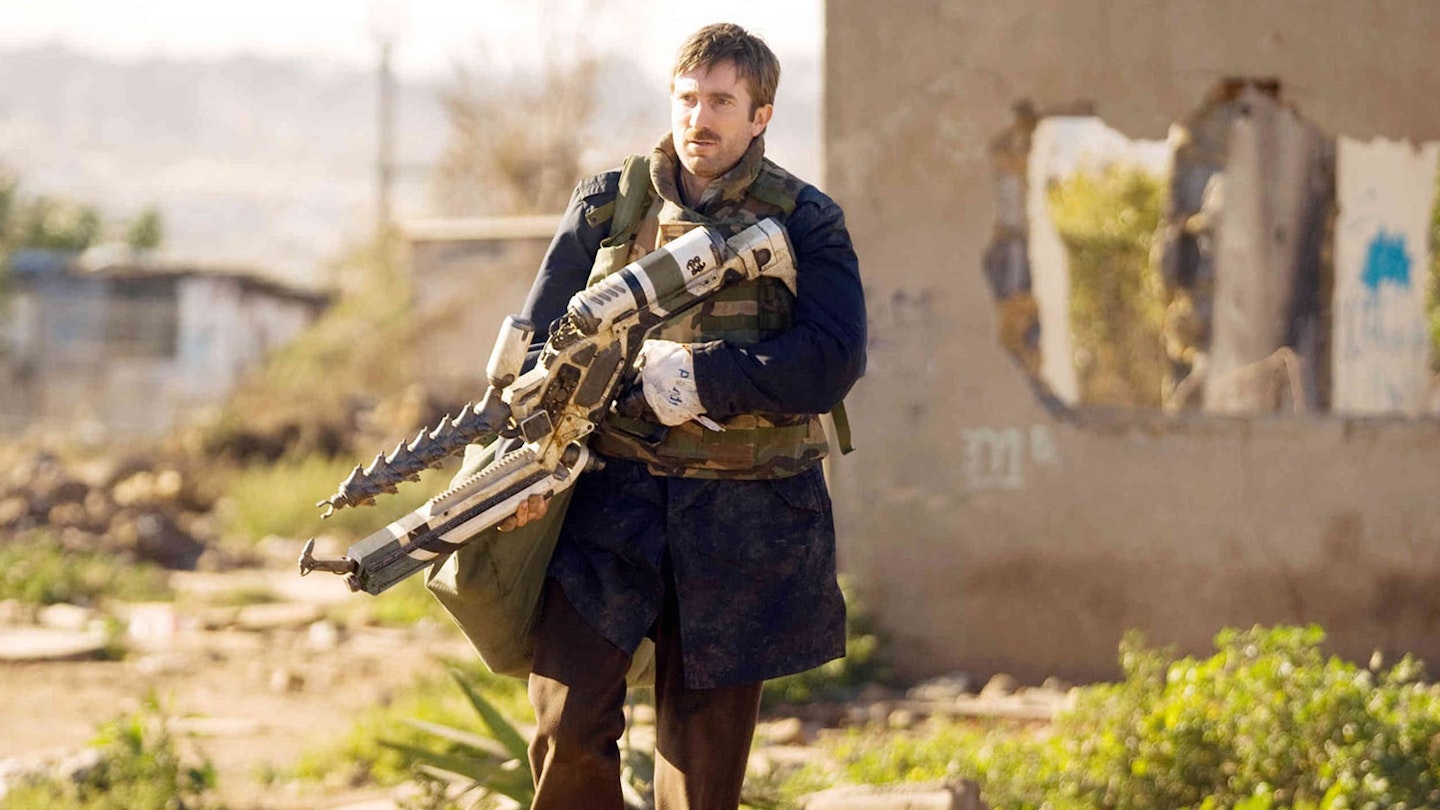
With his feature debut, South African filmmaker Neill Blomkamp translated apartheid segregation into a science-fiction action movie – where alien ‘prawns’ are restricted to refugee camps after their ship lands in the skies over Johannesburg. Picking up 20-plus years on from the extra-terrestrial arrival, Blomkamp avoids invasion tropes to focus on the after-effects of first contact – lent a visual grit in a combination of faux-documentary clips, CCTV footage, and handheld cinematography. Its parallel universe feels lived-in, with futuristic technology that’s worn and rusty – a tangible, visceral texture that extends to moments of stomach-churning body horror as Sharlto Copley’s bureaucratic desk-jockey has a transformative experience following a camp raid. For all its social commentary, District 9 doesn’t skimp on action – mech battles, gravity guns, exploding pigs and all. Arriving before the superhero boom really took hold, it stands as a rare original 21st Century summer blockbuster – and, even rarer, a mainstream international action movie that also bagged a Best Picture nomination at the Oscars. That’ll do, prawns. That’ll do.
